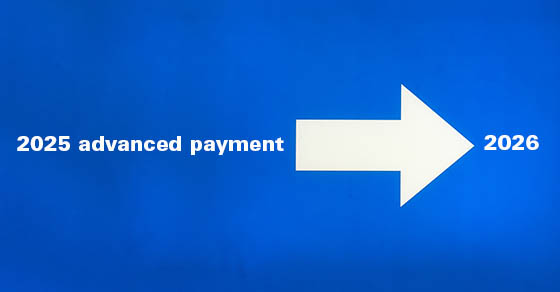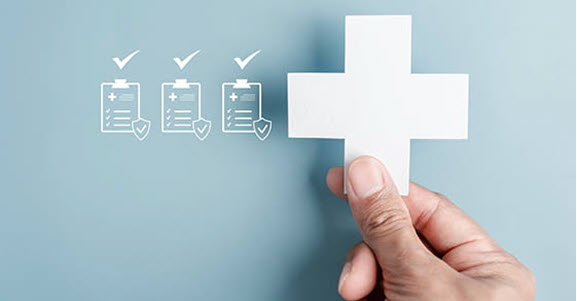It is not uncommon for partners in service partnerships, such as architecture or law firms, to incur expenses related to the partnership’s business. For example, partners may incur entertainment expenses when developing new client relationships or expenses for transportation to and from client meetings, professional publications, continuing education, and home office expenses. What is the tax treatment of such expenses? Here are the answers.
Reimbursable Expenses
As long as the expenses are those that a partner is expected to pay without reimbursement under the partnership agreement or firm policy (written or unwritten), the partner can deduct these expenses on Schedule E of Form 1040. Conversely, a partner cannot deduct expenses if the partnership would have honored a request for reimbursement.
A partner’s unreimbursed partnership business expenses should also generally be included as deductions in arriving at the partner’s net income from self-employment on Schedule SE.
For instance, suppose you are a partner in a local architecture firm. According to the firm’s partnership agreement, partners are expected to bear the costs of soliciting potential new business except in cases where attracting a large potential new client is a firm-wide goal. If you spend $4,500 of your own money on meal expenses to attract new clients and receive no reimbursement, you should report a deductible item of $2,250 (50% of $4,500) on your Schedule E. This $2,250 should also be included as a deduction in calculating your net self-employment income on Schedule SE.
However, it is crucial to note that a partner cannot deduct expenses if they could have been reimbursed by the firm. No deduction is allowed for “voluntary” out-of-pocket expenses. To avoid any confusion regarding the tax treatment of unreimbursed partnership expenses, it is advisable to establish a written firm policy clearly stating what will and will not be reimbursed. This ensures that partners can deduct their unreimbursed business expenses without issues from the IRS.
Home Office Deduction
Subject to the normal deduction limits under the home office rules, a partner can deduct expenses allocable to the regular and exclusive use of a home office for partnership business. The partner’s deductible home office expenses should be reported on Schedule E in the same manner as other unreimbursed partnership expenses.
If a partner has a deductible home office, the Schedule E home office deduction can provide multiple tax-saving benefits because it is effectively deducted for both federal income tax and self-employment tax purposes.
Additionally, if the partner’s home office qualifies as a principal place of business, commuting mileage from the home office to partnership business temporary work locations (such as client sites) and partnership permanent work locations (such as the partnership’s official office) counts as business mileage.
The principal place of business test can be satisfied in two ways:
- The partner conducts most of the partnership’s income-earning activities in the home office.
- The partner conducts partnership administrative and management tasks in the home office and does not make substantial use of any other fixed location (such as the partnership’s official office) for these tasks.
Conclusion
When a partner can be reimbursed for business expenses under a partnership agreement or standard operating procedures, they should submit these expenses for reimbursement. Otherwise, the partner cannot deduct the expenses. The partnership should establish a written policy clearly stating what expenses will and will not be reimbursed, including home office expenses if applicable. This applies equally to members of LLCs treated as partnerships for federal tax purposes since those members are considered partners under tax law.
For assistance with these issues or any other concerns related to your partnership, please contact us.






